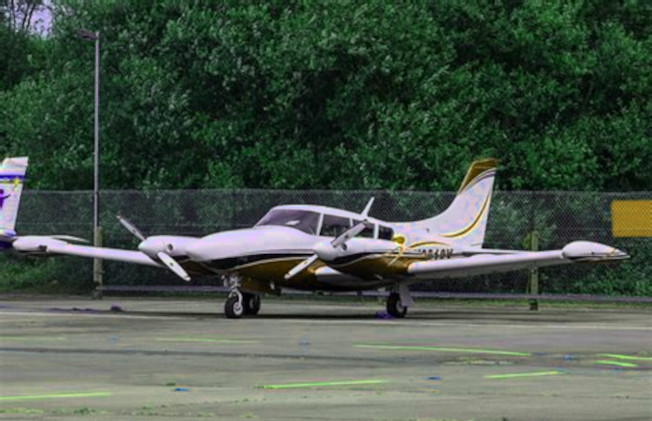Understanding the High-Performance Aircraft Rating
February 23, 2024 by Eric Bradley

A high-performance aircraft is defined as one with an engine capable of
producing more than 200 horsepower. It's that simple.
This rating requires a special endorsement because flying an aircraft with a
more powerful engine gives you enhanced speed and maneuverability. However,
this increased performance also comes with additional risks if you're not
equipped to handle the extra power safely.
To put it in perspective, imagine you're used to driving a small buggy
pulled by a single horse. Now, imagine you have to control a stagecoach
pulled by eight horses. Without experience restraining them, the team could
get away from you, potentially leading to a loss of control.
Despite the added complexity, obtaining the high-performance endorsement is
surprisingly straightforward. There are no minimum flight hour requirements
for this rating, although you can use the hours gained during the training
to help qualify for endorsements that do have such requirements.
The training consists of both ground instruction and in-flight training.
It's typically quick and accessible for most students. Once you've completed
it, your instructor will add the endorsement to your logbook. This
endorsement remains valid for all high-performance aircraft, except jets,
which require a separate type rating.
Obtaining a type rating is a more involved process, as it applies to
specific makes and models (or families) of aircraft. This training is
extensive and expensive, which is why most pilots wait until they have
established a commercial career before pursuing a type rating.